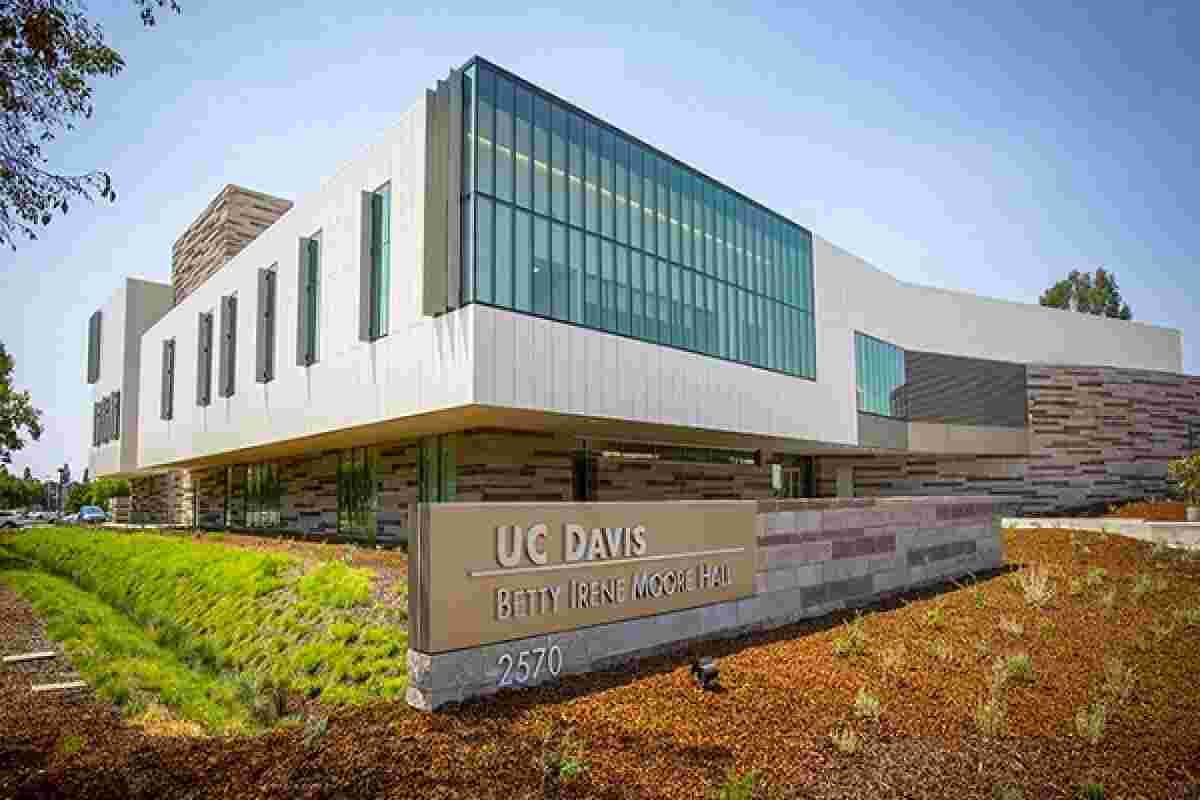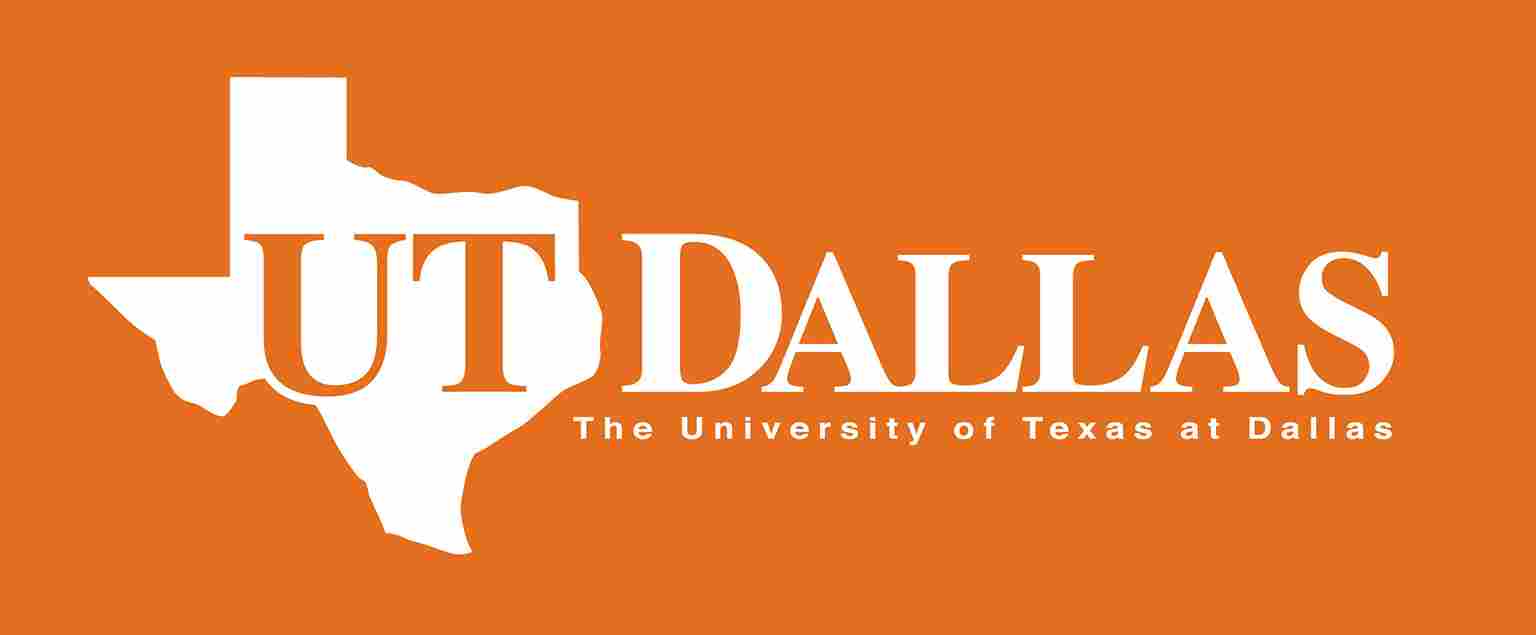STUDY IN USA FOR INTERNATIONAL STUDENTS | STUDY IN USA
The US Education system has many diverse programs that attract students from all over the world. Home to the top-ranked universities, the US is a sanctuary for international students looking to pursue higher education. Equipped with state-of-the-art infrastructure and a renowned faculty, The US universities offer programs with required practical knowledge.


























































